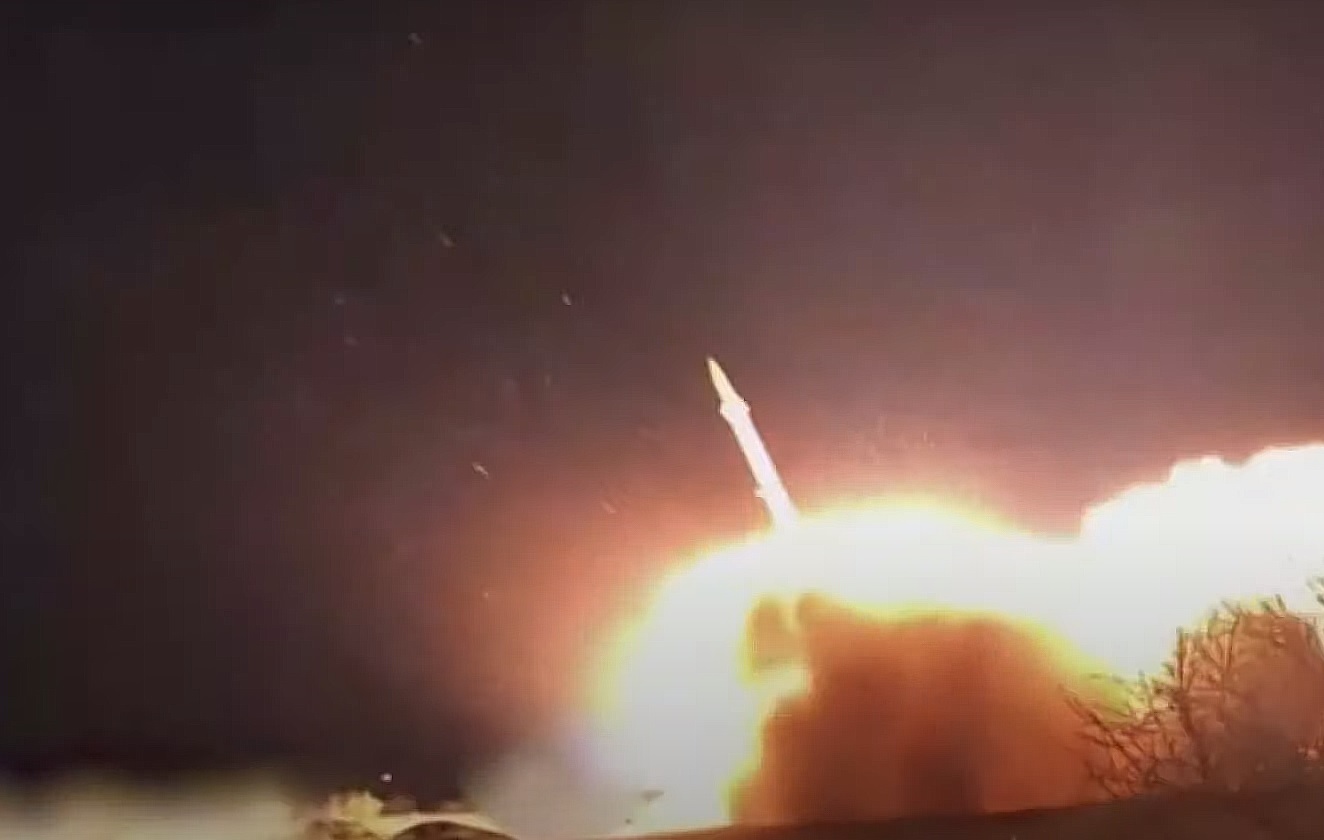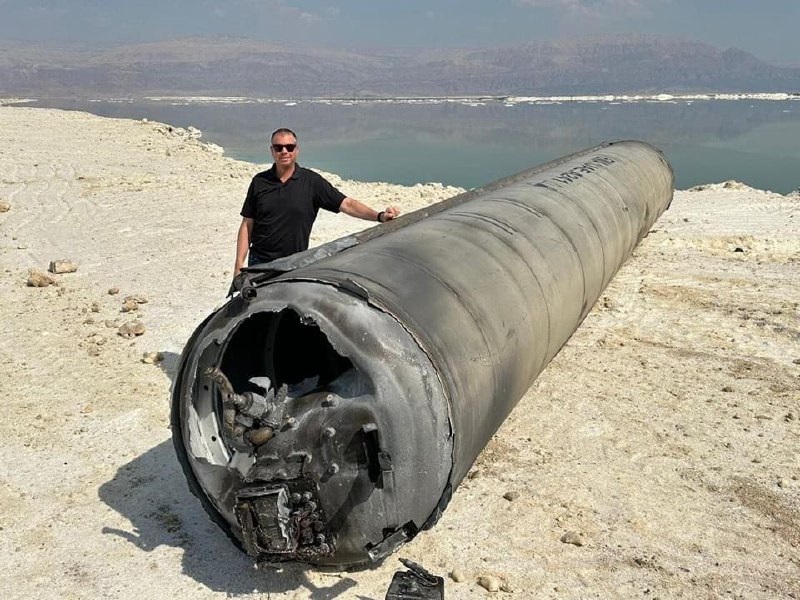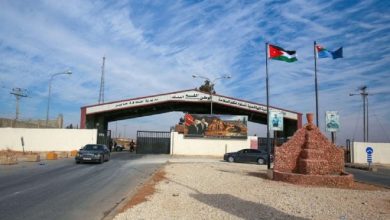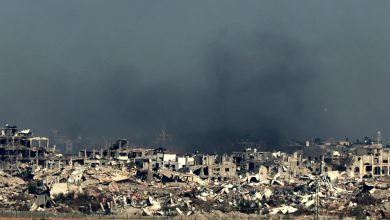Saudi Arabia and the UAE Join Israel with Caution Against Iranian Retaliation

Watan-The American newspaper “The Wall Street Journal” said in a report that addressed the Iranian response to the consulate strike and its dimensions, that cooperation between Israel and Arab governments in the field of air defense with America as a mediator has become common, even with Saudi Arabia, which has not yet established diplomatic relations with Israel, according to Israeli and American officials.
The newspaper revealed a significant role played by Arab countries, including the UAE and Saudi Arabia, in supporting Israel in various ways and participating in Israel’s efforts to counter the Iranian attack.
Cautious Arab Cooperation with Israel
According to “The Wall Street Journal,” the initial response from many Arab governments was cautious, fearing that the assistance provided to Israel might directly involve them in the conflict and risk retaliation from Tehran.
After further discussions with the United States, officials said that Saudi Arabia and the UAE specifically agreed to exchange intelligence information.
Meanwhile, Jordan said it would allow the use of its airspace for American military aircraft and aircraft from other countries, and would use its own aircraft to assist in intercepting Iranian missiles and drones.
Officials said that two days before the attack, Iranian officials briefed their counterparts from Saudi Arabia and other Gulf states on the broad outlines and timing of their plan to launch wide-ranging attacks on Israel so that those countries could protect their airspace, and the information was transferred to America, giving Washington and Israel a decisive advance warning.
With an imminent Iranian attack, the White House ordered the Pentagon to redeploy aircraft and missile defense assets in the region and take the lead in coordinating defensive measures between Israel and Arab governments, according to a senior Israeli official.
The official said, “The challenge was to gather all those countries around Israel” at a time when Israel was isolated in the region, “It was a diplomatic matter.”

Benefits of Cooperation with America and Israel
Yasmine Farouk, a non-resident fellow at the Carnegie Endowment for International Peace, based in Washington, said that Arab countries offered assistance in defense against Iranian attacks because they saw the benefits of cooperation with the United States and Israel, as long as it remained out of the spotlight.
She said, “Gulf countries know they still do not receive the same level of support Israel gets from the United States, and they see what they did [Saturday] as a way to get it in the future.”
The report noted that this nascent air defense alliance was not tested at all when a missile strike in the Syrian capital Damascus on April 1 killed several Iranian officers, including General Mohammad Reza Zahedi, who led quasi-military operations in Syria and Lebanon, according to Iranian official media and American officials, and Israel did not claim responsibility for the attack.
Iran soon pledged to retaliate, and senior American officials began pressing the Arab government to exchange intelligence on Iran’s plans to strike Israel and to help intercept drones and missiles launched from Iran and other countries towards Israel, according to Saudi and Egyptian officials.
Iranian missiles and drones were tracked from the moment of launch by early warning radars in Gulf Arab countries linked to the US operations center in Qatar, which transmitted the information to fighter jets from several countries in the airspace over Jordan and other countries as well as to warships in the sea and missile defense batteries in Israel.
Officials said that when the slow-moving Iranian drones entered their range, they were shot down, most of them by Israeli and US fighter jets, and in smaller numbers by British, French, and Jordanian warplanes.
At one point, there were more than 100 Iranian ballistic missiles in the air heading towards Israel, and an American official said that the vast majority of them were shot down by Israeli air defense systems in Israeli and non-Israeli airspace.

American aircraft shot down more than seventy drones, and two American destroyers equipped with guided missiles intercepted up to six missiles in the eastern Mediterranean.
Officials said that the Patriot air defense system near Erbil in Iraq shot down an Iranian ballistic missile on its way to Israel.
The Israeli military said that among more than 300 drones, cruise missiles, and ballistic missiles launched by Iran towards Israel, only a small number fell in occupied territories, causing minor damage to an occupation military base in the southern part.
An Israeli official involved in regional security cooperation said that although there had been repeated exchanges of intelligence information about air defense threats in the past, the Iranian attack on Saturday “was the first time we saw the alliance working at full capacity.”
Officials said the operation was the culmination of years of US efforts to break down political and technical barriers that thwarted military cooperation between Israel and Sunni Arab governments.
America focused on less formal cooperation in regional air defense rather than establishing a Middle Eastern version of NATO to weaken Tehran’s growing arsenal of drones and missiles, the same weapons that threatened Israel on Saturday.






